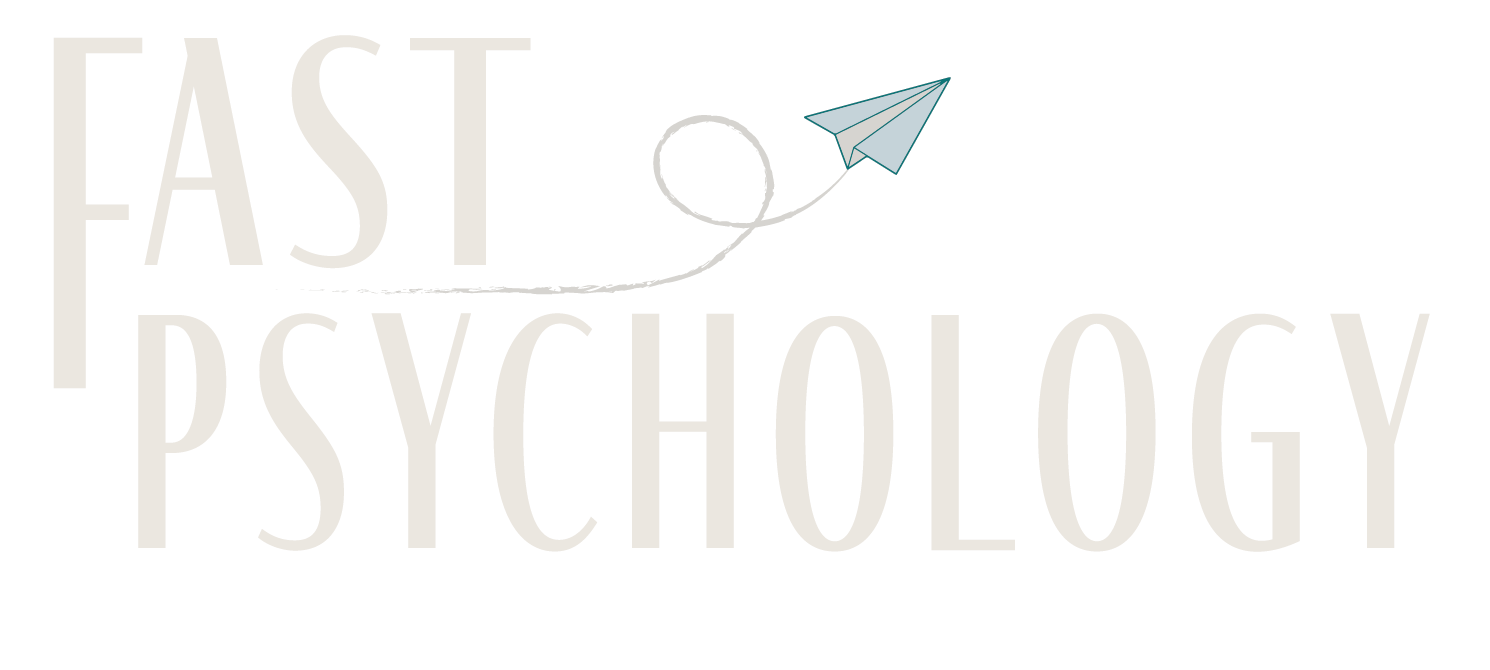Introduction: When You Feel Blindsided
Have you ever felt like life suddenly handed you an unwritten script? One day you’re confidently moving through your routine, and the next – everything’s different. Whether it’s an unexpected job loss, a sudden relationship change, or any other major life shift, you might find yourself wondering, “How do I move forward from here?”
As a human behaviour specialist, I’ve guided many capable individuals through unexpected life changes. If you’re feeling lost or unsure, I want you to know something crucial: while these transitions can be challenging, they’re temporary. More importantly, they offer incredible opportunities for growth – if you understand the stages.
Let’s explore the roadmap for navigating unexpected life changes together.
Understanding the 3 Stages of Transition
When navigating unexpected life changes, it helps to have a map. William Bridges’ Transition Model breaks down the process into three key stages:
Stage 1: The Ending Phase
This initial stage of navigating unexpected life changes often feels like a shock to the system. You might experience:
- Feelings of disbelief or denial
- Grief for what you’ve lost
- A mix of emotions, including anger, sadness, and anxiety
Remember, these reactions are normal when facing unexpected life changes. Your mind is processing a significant shift.
Stage 2: The Neutral Zone
As you continue navigating unexpected life changes, you’ll enter a period of uncertainty. During this stage, you might:
- Feel unsure about your future
- Question your identity or purpose
- Experience both hope and fear about what’s to come
While uncomfortable, this stage is crucial for personal growth and transformation.
Stage 3: The New Beginning
This is your destination in navigating unexpected life changes. In this stage, you’ll start to:
- Feel a renewed sense of purpose
- Establish new routines that feel natural
- Experience excitement about future possibilities
Here, you begin to thrive in your new circumstances, having successfully navigated the unexpected life change.
Why Understanding These Stages Matters
Recognizing these stages is crucial when navigating unexpected life changes because:
- It normalises your experience
- It provides hope by showing the temporary nature of your struggles
- It offers a roadmap for navigating the transition
- It encourages patience and self-compassion
Strategies for Navigating Unexpected Life Changes
Here are some practical tools to help you through each stage:
- Acknowledge your feelings: Allow yourself to process emotions as they come.
- Practice self-compassion: Be kind to yourself during this challenging time.
- Maintain connections: Lean on your support network or consider professional help.
- Establish new routines: Create grounding habits amidst the change.
- Set achievable goals: Build confidence through small accomplishments.
- Stay present: Use mindfulness with confidence to manage anxiety about the future.
- Seek opportunities: Look for potential growth even in difficult transitions.
The Hidden Benefits of Unexpected Life Changes
While challenging, unexpected life changes can lead to:
- Increased resilience
- Self-discovery and personal growth
- Broadened perspectives
- Enhanced problem-solving skills
Embracing Your Journey Through Unexpected Life Changes
Remember, you’re stronger than you realise. You’ve navigated challenges before, and you’ll successfully navigate this one too. This unexpected change is just one chapter in your story, potentially leading to exciting new developments.
Navigating unexpected life changes isn’t easy, but understanding the process can make it more manageable. You’re not alone in this journey. With patience, self-compassion, and the right tools, you can not only survive but thrive through this transition.
Here’s to navigating change and embracing new beginnings – you’ve got this!






 to your inbox. (Unsub anytime in a click.) You also agree to my
to your inbox. (Unsub anytime in a click.) You also agree to my 